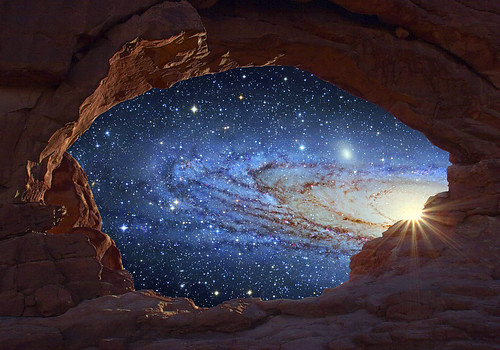Boredom
Your true traveler finds boredom rather agreeable than painful. It is the symbol of his liberty — his excessive freedom. He accepts his boredom, when it comes, not merely philosophically, but almost with pleasure.
~ Aldous Huxley
Is boredom a message from the Universe that you are wasting your time?
Is it a message from the Universe telling you that you need to rest or take a break?
Does it mean you know what you are doing—you have mastered your life?
Is it because you lack stimulation or need to do something different?
Is it a choice?
Is it something we all need to experience to grow and learn about ourselves?
Is it a fear of self?
Is it the absence of an interesting perspective?
Is it the result of or a manifestation of frustration?
Is it stagnation of energy or maybe energy that needs to find a home or place to be unleashed?
Is it reality or truth in the ascension process—as our earthly beings in this human existence struggle with the paradox of being physically here but wanting to be or transcending to being untethered from the emotional aspects of the physicality of this existence?
Or is it as the quote by Aldous Huxley states a symbol of liberty? 
I know this is quite a set of questions on the topic of boredom, and I hope thought provoking. More and more I see a growing population experiencing this emotion or state of being and who may struggle with what it means and why they are bored.
We are conditioned that boredom does not feel good, and has a negative connotation. It’s physically and mentally uncomfortable as we consider the source of our boredom. And there in may lie the key—why are we compelled to determine the source, the trigger, etc., as somehow if we unearth the source we can do something about it. We can make change, make it better or even make it go away.
For some, in our efforts to deal with our boredom we may make what we interpret or think of as “bad” decisions or do things we think we may not have done if we were not bored. But are these not simply the journey—stepping stones or spring boards to evolving ourselves? Why do we find it so difficult to embrace or accept our boredom and even have a desire to fight it?
It may come to some of the concepts referenced in the questions in the list above. It may be as we go through our cycles of growth and hit milestones, we may have mastered certain things or experiences and it may be a sign for a change—more so a change that is impending and regardless of what we do or not do that change will come. It is a symptom of the ascension process as we become enlightened and vibrate at higher levels in a current physical space that is changing but our fellow humans are at different levels in the process—sort of in between dimensions. It may simply be a symbol of liberty as our soul prepares to move forward in fulfilling its purpose.
So what is being bored? It is not just “the state of being weary and restless through lack of interest.”
It is more. And I ask you to contemplate your boredom and consider the possibilities.





